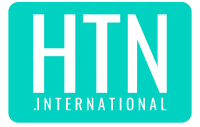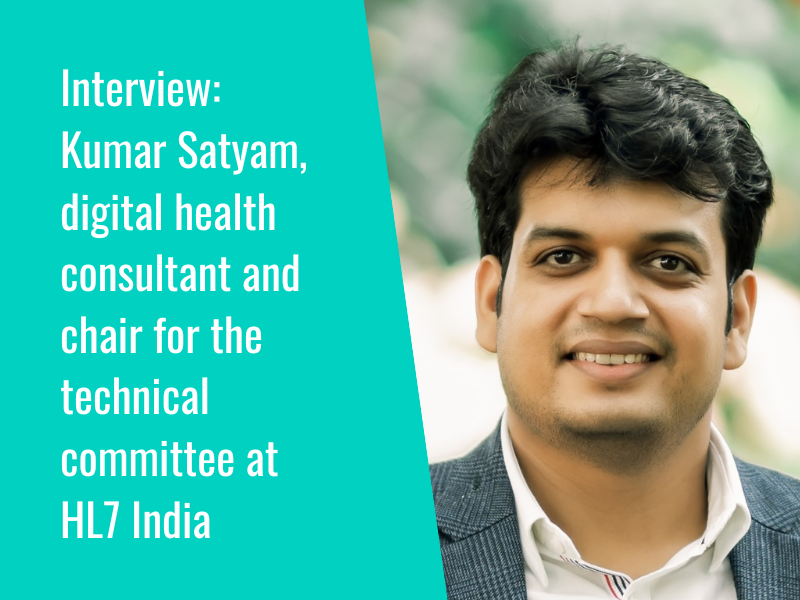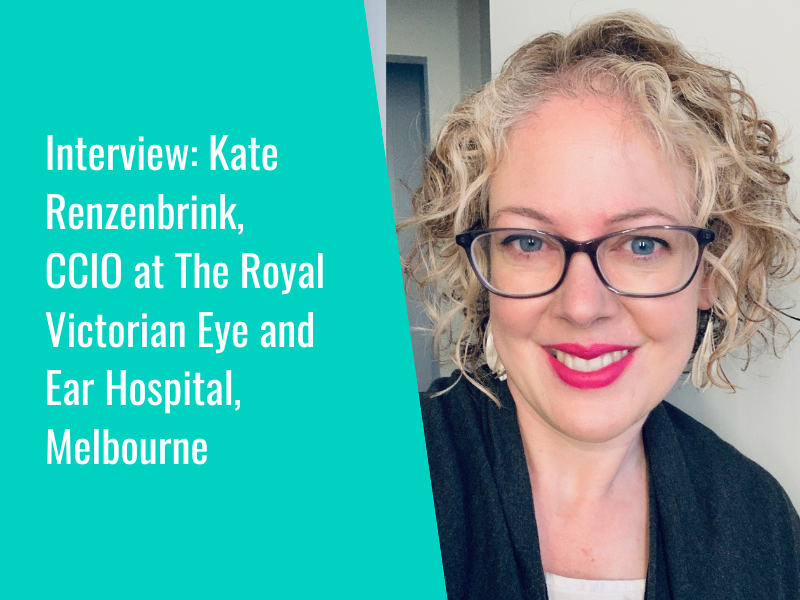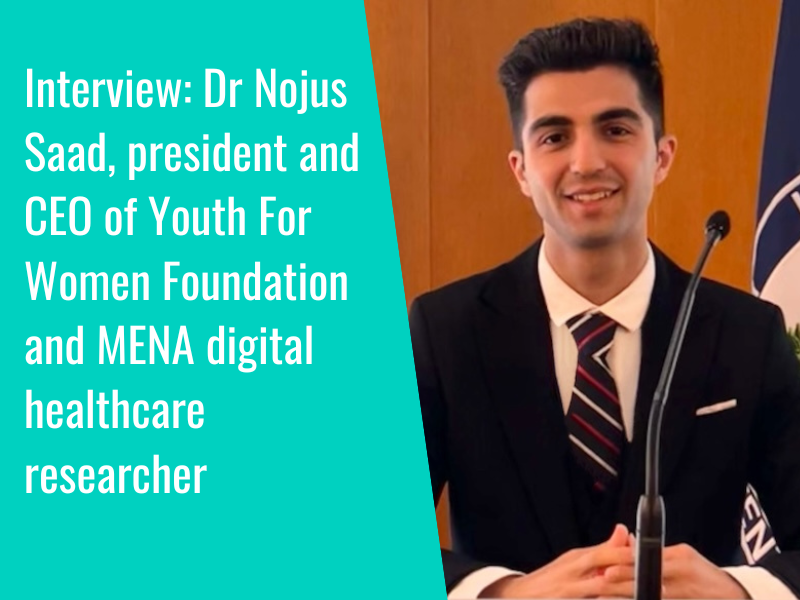A new vision and framework for “resilient and sustainable health systems” has been adopted by WHO European member states following the 74th session of the WHO Regional Committee for Europe. The framework represents a blueprint for strengthening health systems, ensuring they are ready to meet the “diverse needs” of populations in a “rapidly changing global landscape”.
Eight priority action areas are set out for the framework, including advancing primary health care as “the anchor for health systems”; strengthening community-based health interventions; protecting and promoting the health and wellbeing of the healthcare workforce; strengthening health information systems to facilitate data sharing; and investing in “high-end technologies with proven cost-effectiveness”.
Promoting investment in health technologies and robust digital solutions with proven cost-effectiveness is highlighted as “key to health system transformation”, but the framework identifies challenges with a lack of impact evaluation in many counties, and notes the importance of developing “ethical digital policies and governance frameworks” to accompany the adoption of new technologies.
Digital health programmes and partnerships formed between civil society, the government and the private sector is recommended as a “useful” approach in helping to mobilise resources and accelerating acceptance around new health technologies, along with cultivating leadership and policies supporting the scaling of evidence-based innovation.
When it comes to health information systems, the framework looks to facilitate data sharing and interoperability. It recognises that “advanced health information systems” using new sources of data such as electronic health records and new techniques such as personalised predictive analysis can “bring considerable enhancements in health system resource utilization and health outcomes”. The framework also recommends the use of “appropriate” digital health apps in promoting health and disease prevention.
Data sharing and interoperability is a key facet of the framework’s priority action area on strengthening health information systems, recognising data governance challenges relating to a lack of resources or “complex processes” for accessing data for secondary purposes, and the need to tackle these challenges “as part of new approaches to health system resilience and health emergency preparedness”.
Ensuring that the health and care workforce is “fit for purpose in a digital era” is another focus, with the framework stating that improving access for underserved and rural communities, including with the use of new digital solutions, “must be a priority in all contexts”.
To read the framework in full, please click here.
In related news, the World Health Organisations (WHO) and SNOMED International, responsible for determining global standards for health terms, have announced their collaboration on a joint sustainable framework designed to link the International Classification of Diseases 11th revision (ICD-11) and SNOMED CT.
- 1
- 2

















